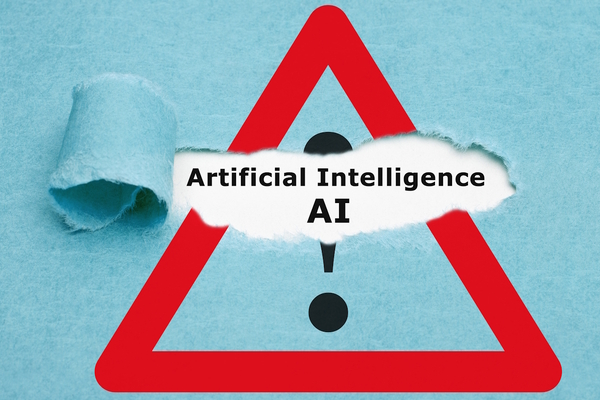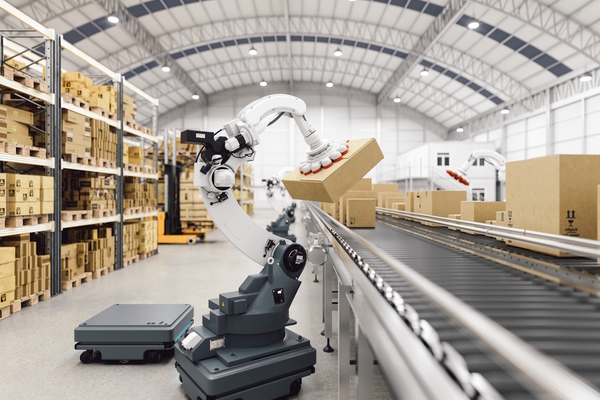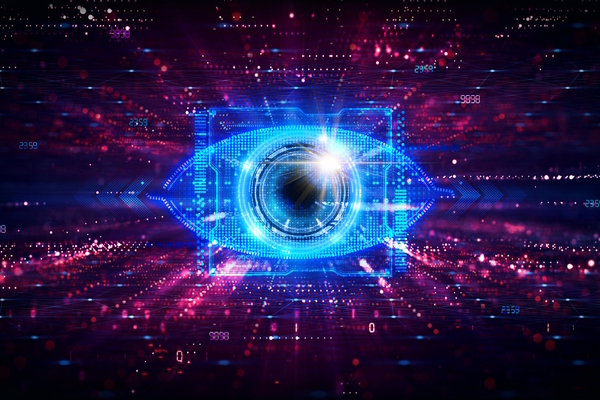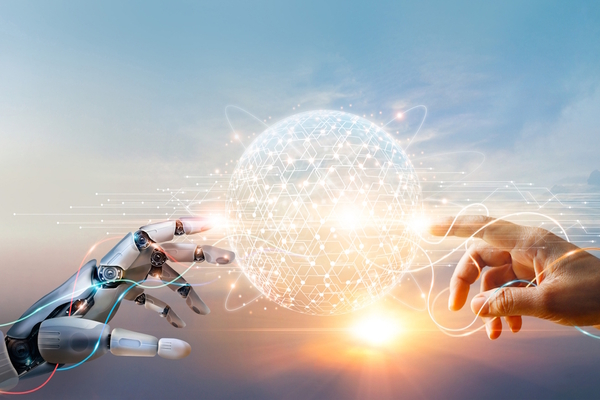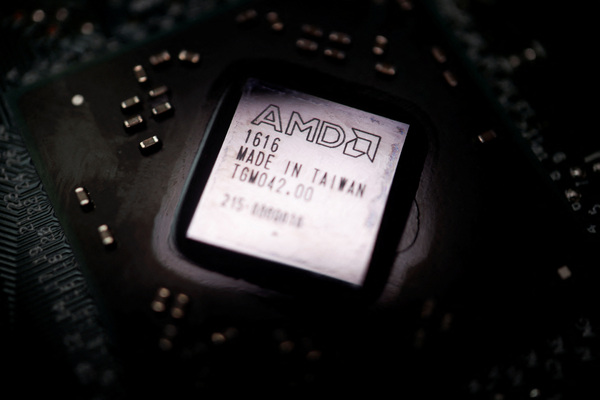Interview: how AI and IoT enable businesses to adapt to a post-Covid-19 world
Sponsored by EcoEnergy Insights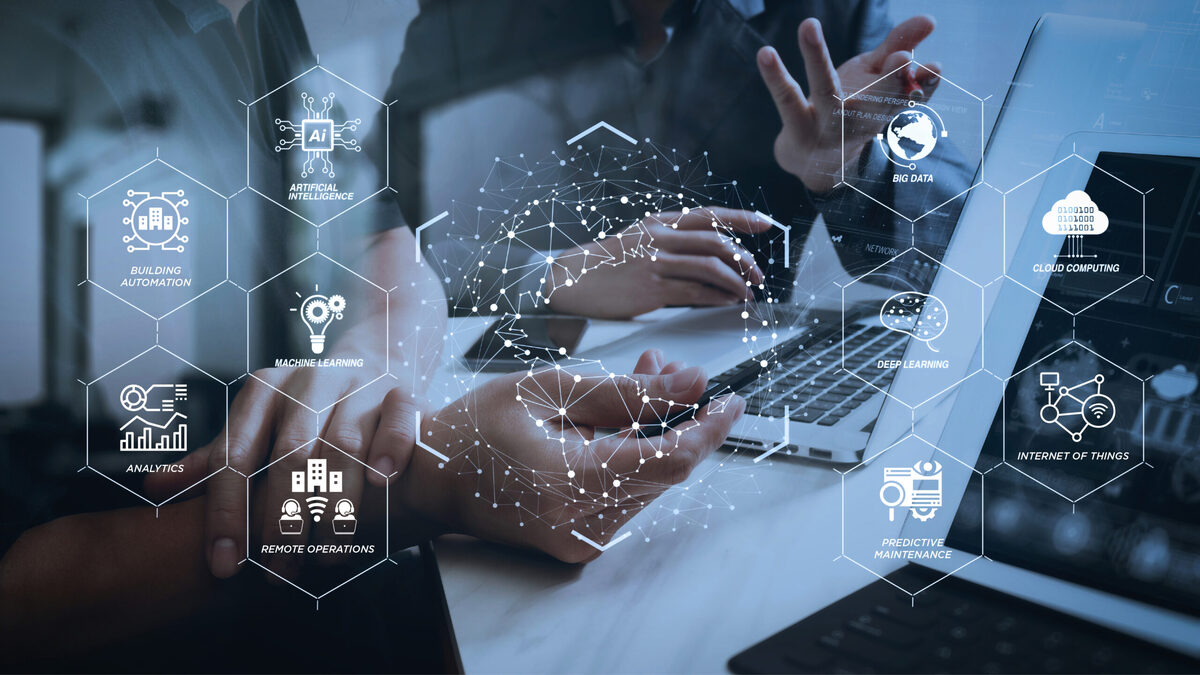
The pandemic has accelerated the transformation led by AI-based building solutions and IoT-enabled remote services. Businesses should now adopt these technologies in their building operations, says Mansoor Ahmad, Managing Director at EcoEnergy Insights
2020 has shown us the importance of managing building environments. Organisations, especially those engaging customers in person – such as retailers, small-format store operators, restaurant chains and retail banking firms – must transform their building operations in order to conduct business. Investing in technology-driven solutions is key to creating and maintaining an intelligent building portfolio. We’re at a point in history when businesses must make a shift into the future state of building operations.
Mansoor Ahmad, Managing Director at EcoEnergy Insights, a global leader in providing artificial intelligence (AI) and internet of things (IoT) solutions for building operations, speaks exclusively with Business Reporter on how businesses have been impacted by the pandemic and how AI and IoT-enabled solutions can lead businesses into the future. EcoEnergy Insights is part of Carrier Global Corporation, the leading global provider of healthy, safe and sustainable building and cold chain solutions.
How has the Covid-19 pandemic changed the way we look at buildings?
The pandemic presented significant challenges for businesses that operated commercial buildings. It shone a spotlight on the criticality of creating healthy indoor environments and controlling the spread of disease within premises. The goal of providing “occupant comfort” has evolved into “occupant wellbeing”. For retailers, it’s not just about customer wellbeing but also the employees who cater to customers in person. They must operate buildings in a way that inspires confidence in customers to walk through their doors and experience their products and services.
Research suggests that healthy buildings can significantly improve cognitive function and they similarly impact societal health and climate. All in all, we’re seeing that healthy buildings can impact the bottom line for a business – from reducing energy waste to increasing worker productivity.
Luckily, in the past few years, technologies such as AI, IoT and big data have made buildings more intelligent and made it easier to predict and control indoor environments. These technologies are leading a change in building operations and the pandemic has accelerated this change.
How has the pandemic impacted building operations?
Research published in 2021 has shown that, post-pandemic, there is a heightened focus on AI-based building solutions, HVAC optimisation and cloud-based remote services. AI-based solutions enable the development of occupancy estimates in buildings, which can then be used to optimise operations in real time. HVAC optimisation through technology such as IoT enables the monitoring of equipment to improve ventilation and monitor indoor air quality (IAQ). Cloud-based remote services enable businesses to address multiple issues remotely and co-ordinate technician efforts in the field, thereby saving costs, human effort and time.
The pandemic has altered our lifestyles and made a few things more normal, including working from home, celebrating occasions over teleconference calls and other activities done virtually. Similarly, the pandemic has made incorporating digital tools in building operations normal. It is now more common to add technology to allow equipment to offer more performance data, offer enhanced ability to control it remotely and, overall, to make equipment more intelligent.
What will the future look like?
The future will be fascinating with the rapidly improving capabilities of technology. There will be smarter devices and equipment than we have today – from the sensors, to the equipment in a building and its controls, to building automation systems, the intelligence at each level will increase. In the future, with individual levels gaining more intelligence, the ability to anticipate footfall, predict requirements in equipment performance to serve those scenarios, and control equipment to provide the desired indoor experience for a scenario, will significantly improve. There will be far greater automation, and decisions will be data-driven.
With such levels of automation and control, occupants will also have a lot more choice and control in their own hands. We were already seeing use cases in hotels where a guest could tailor the room temperature and lighting to their preferences and mood. Such cases will only increase in the retail or commercial spaces.
In the near future, hygiene will continue to be an important factor. Customers will be averse to touching surfaces and being in the vicinity of too many people. They will want to control their environment. They will even want to know more about the “health” of the destination store or building in advance of visiting to shop, dine, watch a movie or even work out. With the rise in these customer needs, the ability to fulfil them and ensure customer satisfaction will lie with the facility teams that operate the buildings. The facility teams will need to offer a consistent experience to customers across the building portfolio while managing costs. Technology will be the common factor through which building facility managers can achieve their objectives and customers can have more power at their fingertips.
What should businesses do today to ready their buildings for tomorrow?
Businesses need to steer onto the path of digital transformation and invest in building automation equipment, cloud technologies and remote services. While they may appear to be separate pieces, they are vital pieces of the puzzle that should be viewed as a whole. This approach can prepare businesses better for the future when intelligent equipment arrives.
It’s not only about the equipment and the solutions – businesses also need to focus on change management. There will be a shift in behaviour of facility operations teams and even organisational culture when adopting such technology. Teams will be enabled to move to a more proactive model of working where predictions drive actions. Equipment or systems might even act autonomously based on predictions. This will be a significant evolution from the current scenario, where teams respond to problems.
Retailers and other multi-site enterprises simply must adopt technology to have centralised enterprise visibility into how their building portfolio is performing and delivering a consistent experience to customers. They will need to make customers comfortable to walk in and spend time experiencing the products or services. AI, IoT and cloud-based remote services are the way forward for these enterprises.
EcoEnergy Insights – named “Overall IoT company of the Year 2021” by IoT Breakthrough – can enable your business to digitally transform its building operations. Click here to know more and sign up for opportunity assessments.

Business Reporter Team
Most Viewed
23-29 Hendon Lane, London, N3 1RT
23-29 Hendon Lane, London, N3 1RT
020 8349 4363
© 2024, Lyonsdown Limited. Business Reporter® is a registered trademark of Lyonsdown Ltd. VAT registration number: 830519543
Join the Business Reporter community today and get access to all our newsletters, and our full library of talk show episodes
Join the Business Reporter community today and get access to all our newsletters, and our full library of talk show episodes
